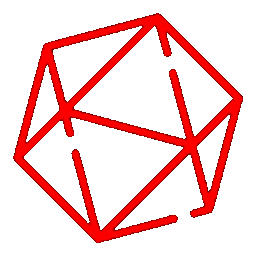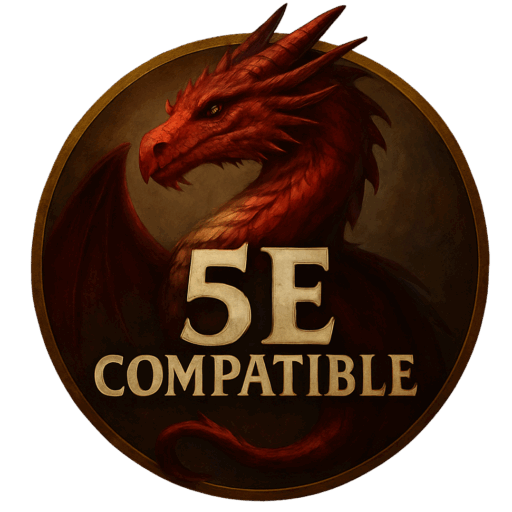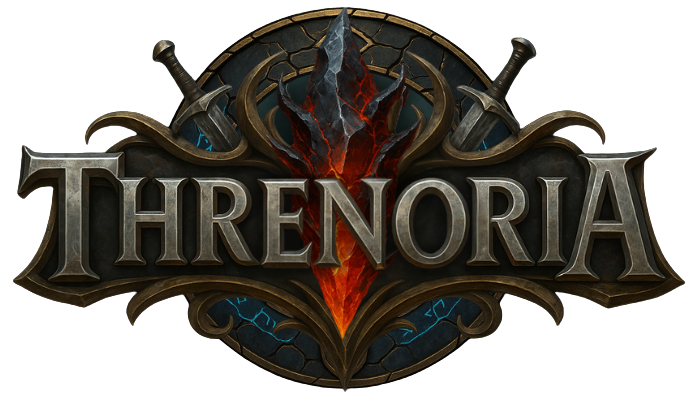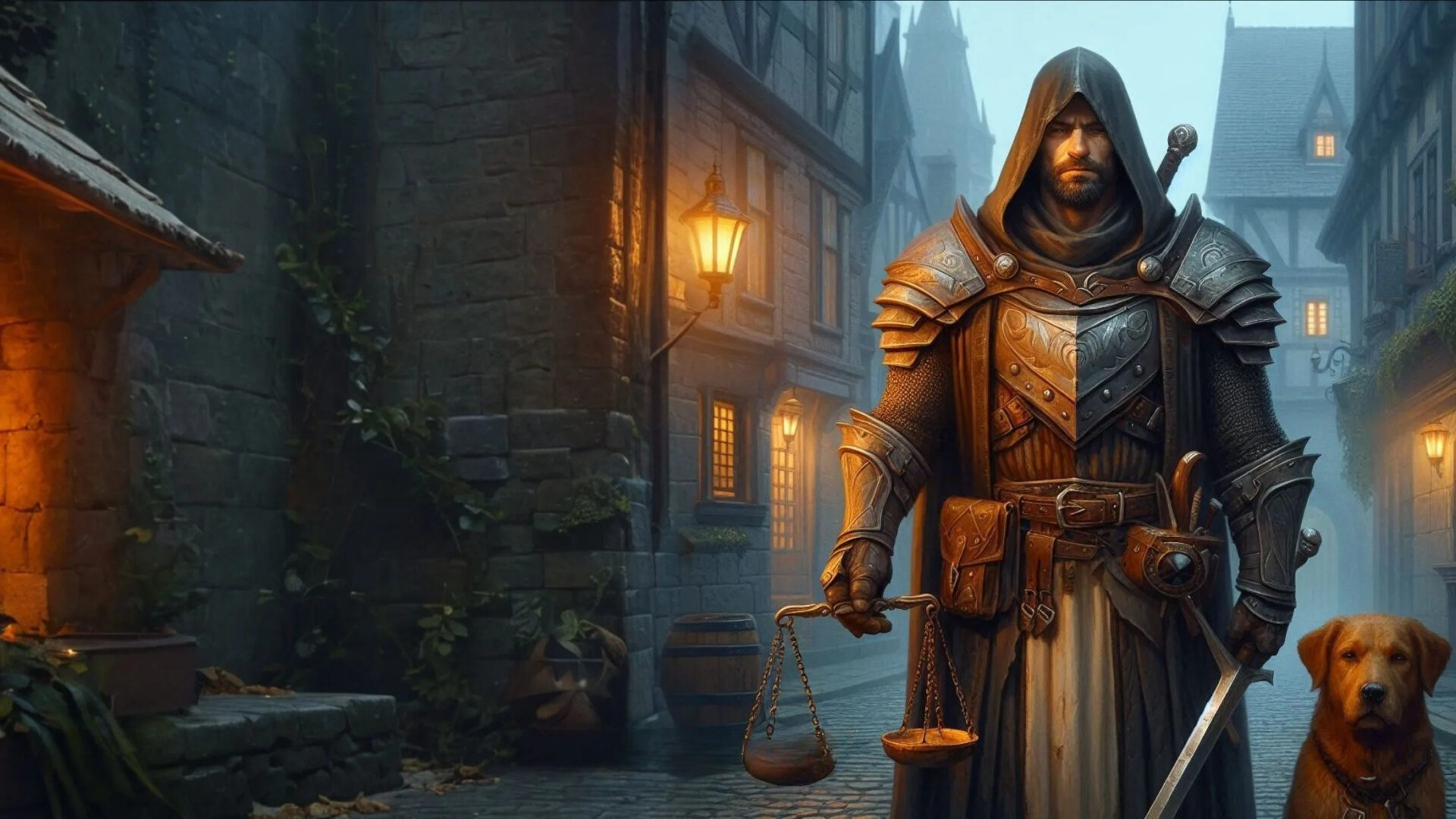
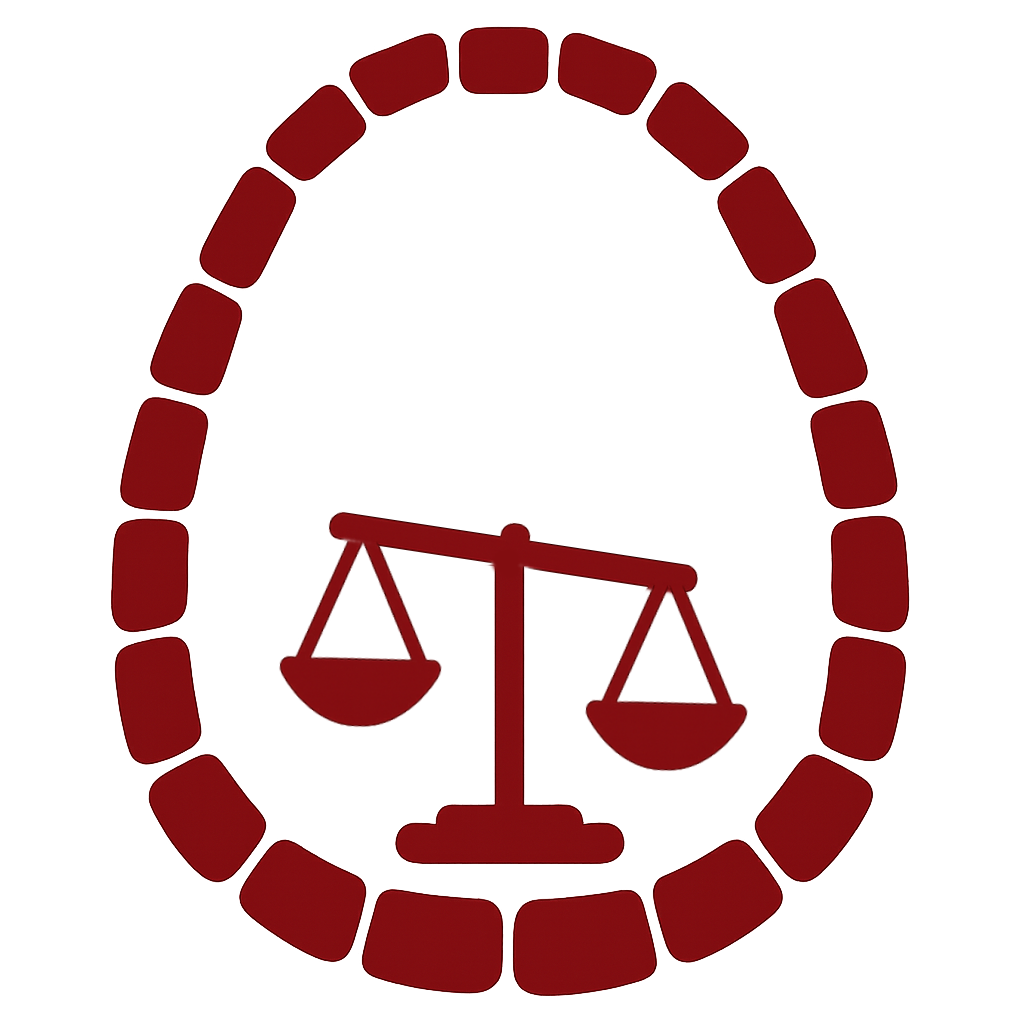
Torvok
Judge of the street
God of the alleys, the outcasts and the just balance
Element: Earth
Symbol: Inclined scale
Representation: A man with a weather-beaten face and a dark coat with a tattered hood. He carries a pair of scales. A stray dog always follows him.
Associations: Justice without office, protection of the weak, street wisdom, secret rules of the poor, patron saint of street urchins, itinerant traders, crooks with a heart
Typical prayer:
"Torvok, you strings on old stone,
you know the law that no one writes.
Help me to act, not to rule,
and weigh guilt with your heart."
Public holiday: 9. Torvok – Open bag day
In the cities, food and goods are bartered instead of sold, street priests set up open tables where everyone can find a seat. Children tell "Torvoksmärchen" - clever pranks with a moral core.
Sacred object: An ancient copper coin with a worn face - "the honest coin" that must never be spent on injustice.
Torvok, the god of the alleys and the outcasts, is considered the eldest son of Arvand, the Oathgiver, and yet he was never welcomed into the halls of justice. For Torvok wandered away from the high halls of order at a young age, down into the narrow alleys and back alleys of the world. There, where the law counts for nothing, where coins speak louder than judges, he found his place - not above the people, but among them.
Some call him a saint among thieves, others a god of cunning. But Torvok does not judge by scripture and title, but by need and heart. It is said that he weighs the guilt of a beggar more lightly than the lie of a prince. His scales are skewed, but fair - for they recognize what is behind deeds, not just what the deed was.
Legend has it that he once saved a starving child from being hanged by convicting the judge himself of theft - not by magic, but by words that struck harder than a sword. Since then, street urchins and traveling merchants whisper stories about him, and his mark - a stone with a carved scale - can be found on the doors of those who help the poor without asking.
In its temples, loose floorboards creak and rain drips through leaking roofs. They are not places of splendor, but of comfort. Its priests do not wear robes, but street clothes, and their judgment takes place in the open air. Those who swear there swear on life and survival, not on honor or status.
"It is not he who speaks justice, but he who lives justice who is under my protection",
it says in Torvok's shadow words.
